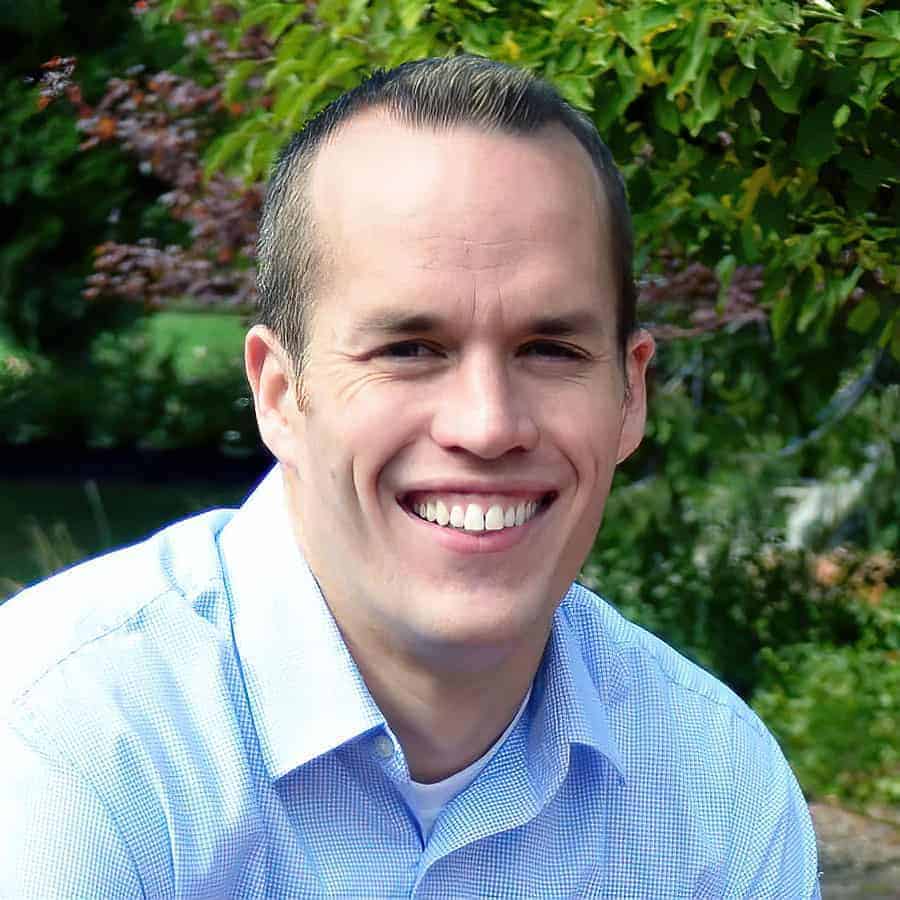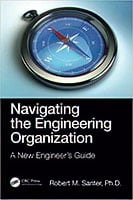In this episode, we talk to Dr. Robert M. Santer, Principal of The Santer Group, about the challenges and triumphs of transitioning from a new engineering graduate to an engineering professional. We delve into the common hurdles faced by engineering graduates when entering the professional world, the significance of adopting an anthropological perspective in understanding organizational culture, and the vital aspects engineers should focus on to navigate and thrive within formal organizational structures.
***The video version of this episode can be viewed here.***
Engineering Quotes:
Here Are Some of the Key Points Discussed About How to Successfully Transition from Engineering Graduate to Engineering Professional:
- When transitioning from an engineering student to an engineering professional, one key realization is the importance of understanding and adapting to the organization’s culture and softer aspects, which can be a significant challenge when joining a larger engineering organization.
- When engineers start their professional careers, they may find that many of their academic skills become less relevant, and they need to focus on understanding the softer side of the organization and how to fit in seamlessly.
- For new engineers, clear communication and understanding of job expectations are vital, especially when facing challenges with speed and precision in their work. It is essential to clarify requirements with supervisors to prevent misunderstandings.
- As new engineers join fast-paced organizations, it’s vital to overcome the fear of asking questions and proactively seek clarification to advocate for their understanding and succeed in their roles.
- New engineers need to understand both the formal and hidden aspects of the organization, including culture, resources, and communication, to navigate effectively and avoid misunderstandings.
- To navigate the hidden organization, engineers need attention, training, and curiosity to read signals and understand the unspoken dynamics that influence decision-making and culture within the workplace.
- In project teams, conflicting individual organizational goals can hinder collaboration and success, requiring strategies to address and overcome these challenges for better outcomes.
- Developing self-awareness as individual engineers involves examining assumptions, beliefs, and biases formed during academic training and testing them against the work environment, leading to more informed decisions and actions for success.
- Effective communication for engineers involves considering various factors, such as the mode of communication, message importance, timeliness, and the need for face-to-face interaction to establish trust and understanding in critical situations. By asking key questions, engineers can design purposeful communication strategies for better outcomes.
- The tension between being liked and respected involves personal ethics, guiding engineers to make confident decisions, even in dilemmas requiring immediate action.
More in This Episode…
In the Take Action Today segment of the show, Robert talks about the importance of mindset and understanding contingency in an organization.
About the Guest, Dr. Robert M. Santer

He recently completed his career as chief product analyst for Ford’s Chief Technology Officer (CTO).
Dr. Santer holds a Ph.D. in Engineering Management from the University of Michigan, Ann Arbor. In addition, he holds a bachelor’s in aerospace engineering and a master’s in engineering management, also from the University of Michigan.
While working full time for Ford, Dr. Santer was also a lecturer in Engineering Management at Michigan, teaching a capstone course on engineering organizations that covered the foundations of technological organization structures, operations, and analysis.
Dr. Santer has significant experience in senior management presentations and speeches, directed at both technical and non-technical leaders, gained from over 400 presentations and written briefings to major national governmental leaders and international audiences.
In 2023, Dr. Santer’s new book, “Navigating the Engineering Organization: A New Engineer’s Guide,” was published by Taylor and Francis / CRC Press.
About the Host, Jeff Perry, MBA

You can connect with Jeff on LinkedIn at https://www.linkedin.com/in/jeffcperry/ or visit his website, https://morethan-engineering.com. Jeff also has a new, FREE, on-demand training course for engineers who are job searching or in job transitions. You can see it at https://engineeringcareeraccelerator.com.
Books Mentioned in This Episode:
Navigating the Engineering Organization: A New Engineer’s Guide
Resources and Links Mentioned in This Session Include:
The Santer Group
Connect with Dr. Robert M. Santer on LinkedIn
We would love to hear any questions you might have or stories you might share on how to successfully transition from engineering graduate to engineering professional.
Please leave your comments, feedback, or questions in the section below.














